Cancer is a disease defined as the uncontrollable development of cells.
When you have cancer, one of the negative symptoms you have to endure is fatigue. This is the feeling of weakness or exhaustion, both physically and mentally. The American Cancer Society states that regardless if a cancer patient is undergoing treatment or not (chemotherapy, radiation therapy, immunotherapy, surgery, etc.), experiencing fatigue is common and can be the result of other cancer-related issues.
Hence, with this point of concern, the question on whether cancer patients are allowed to go and travel is often asked.
To cut it short — yes, cancer patients are allowed to go on a holiday and even travel someplace else.
Like everybody, they too deserve to go on a vacation every once in a while. More than just taking it as an opportunity to travel somewhere else, going on a holiday is also a form of self-care that helps us relax the mind and get the rest that we’ve been longing for.
However, there should still be precautions to remember as they’re planning for their trip and once they’re on the trip itself, since ensuring that their physical health is on top of the line should always be a priority.
Table of Contents
What to Do Before the Trip
Make sure that you’re in optimal health
It may not be best to travel if you just had surgery or you’re currently undergoing cancer treatments, as there are some treatments that may have serious side effects in the case you plan to travel via plane.
This also applies when you’re already feeling unwell prior to the trip — bearing a headache, fever, or showing flu-like signs that may further harm your overall health.
The Cancer Research UK suggests that you consult with your doctor if you have the following conditions:
- Have had a bone marrow or stem cell transplant in the last 6 to 12 months
- Have a low level of platelets or red blood cells in your blood
- Get breathless after light exercise, such as walking up a flight of stairs
You can always postpone the trip and schedule it on another time until you feel like you’re in your best state.
Get your doctor’s approval
Talk to your doctor as you’re planning the holiday. It’s significant that your doctor is aware of your plans so they can guide you accordingly on what to do and what not to do.
They can advise you on what clothes are recommended to wear during flights, what exercises you can do in order to prepare your body for strenuous activities, and what medications to take in case you find yourself not feeling well.
It would be better if they could write a medical letter that states your diagnosis, treatments, list of your needed medicines, and their contact number. Also, as some countries may require certain vaccines, having a conversation about this matter with your doctor is suggested.
Ready the medicines you’ll have to bring
Prepare enough medication for the entire trip and a little extra in the event that you may have to stay longer than planned. This includes prescribed cancer medicine and other drugs like painkillers, drugs for preventing nausea, vomiting, diarrhea, and constipation.
Know what to pack
To ensure that you’ll have the greatest time with your loved ones, you should have all the necessary things ready so your trip will go smoothly.
Aside from your prescription and OTC medicines, here are some other items you should pack:
- Medical records: These records should have the list of medications you’re taking (including dosages) and any past surgeries.
- Health insurance cards: Bring the originals and also have a photo of it on your phone.
- Sunscreen and sun protective clothing: Since cancer patients are more sensitive to the sun, this makes it easier for them to get sunburned. Having these two will help protect the skin. Examples of sun protective clothing are hats, dark colored clothes, long-sleeved shirts, and long pants.
- Insect repellant, long-sleeved shirts, and pants: This is to avoid getting mosquito bites that may escalate into an infection.
- First aid kit: For any small accidents that may result in minor scratches, etc.
- Face masks: Having a face mask to wear can lessen the risk of getting airborne diseases, especially if you’re in close spaces such as a plane, etc.
- Hand sanitizers: In the absence of soap and water, you can disinfect with a hand sanitizer to lessen risk of being exposed to infections.
For an added safety measure, you can make a card where all the information of your emergency contacts and the oncology team responsible for your treatment are indicated. This card ought to contain their phone numbers, email addresses, and the office address of the hospital / clinic where they’re working at.
Choose the Best Traveling Option
The most common modes of transportation when you’re going on a trip are flying on a plane, riding a vehicle on land, or getting on a cruise to travel by sea. You should choose what best suits your needs and decide according to the pros and cons of the aforementioned two.
If you want to go forth with traveling via plane, here are some things to consider as per Eldridge on Verywell Health:
- Air travel isn’t deemed suitable for at least two weeks after a surgery (and much longer in some situations such as after brain surgery)
- The risk of blood clots (deep vein thrombosis and pulmonary embolism)
- Oxygen levels may be lower on small planes
- Changes in air pressure can cause gasses in body cavities to expand up to 30%. It can also cause swelling in the hands and feet
- Air travel can increase the risk of getting a respiratory infection like the flu, SARS, dengue fever, etc.
For traveling on land, it’s relatively easier than flying on a plane in the event that your destination is not far. It offers more flexibility in terms of getting food, having to go to the bathroom, and when you’re in need of a stretch. However, you still have to take the time to take a break every two hours and walk around for a few minutes to prevent the risk of blood clots.
As for getting on a cruise, there aren’t a lot of shaded areas on the cruise deck. This can make it difficult for cancer patients to find a place to hang out as they are more sensitive to the sun. Make sure to read through the floor plan to be aware of where the medical center is in case of emergencies.
Find the Best Accommodation Suited to Your Needs
Once you’re on your holiday destination, you’ll need a great place to stay in that will amplify your experience and make sure that you’ll be comfortable during your trip.
What are the things you should consider when booking an accommodation?
- Good facilities: Do they have a 24-hour on-call doctor? Do they assist people with disabilities? Do they have air conditioning? Do they provide purified water? Do they have shaded areas at their poolside lounging space or outdoor relaxation space?
- Housekeeping Services: Are the rooms and facilities regularly cleaned?
- Nearby medical center: Is there a nearby hospital / medical center that you can go to if an emergency occurs?
- Accessibility: Is the accommodation far from must-see places? Is your room located somewhere you can easily go in and out from?
What to Do During the Trip
Though it’s equally important to enjoy your vacation and make most of the time with your loved ones, it’s also important to be mindful of what precautionary measures you should take to remain healthy throughout your trip.
You should be reminded of doing these preventive actions:
- Stay hydrated: Don’t forget to drink water throughout the day, especially in hot climates.
- Ensure that you’re always drinking from a safe water source: If you want to be really sure, opt to drink from bottled water. You can do the same when brushing your teeth, washing and rinsing dishes and utensils.
- Avoid ice in drinks: If you’re not sure the ice was made for purified water, better avoid it for your own safety. This goes the same for ice cream if you’re not sure that they’re made from a safe source.
- Be careful when going for a swim: Ensure that the swimming pools, lakes, rivers, sea, and oceans that you’ll be swimming in are safe. Infections are rampant in these places.
- Watch what you eat: Do not eat raw food (applies to fruit, vegetables, seafood, fish, meat, etc.) and food from street vendors, as its cleanliness cannot be vouched for.
- Protect your skin from the sun: Use sunscreen that’s at least SPF 30, sun protective clothing that has a UVA 4-star rating, and keep away from being in direct sunlight between 11 a.m. and 3 p.m.
- Be careful of insect bites: Use an insect repellant and wear clothes that can cover your skin when you go out at night.
- Know your limit: Even when having fun, be aware of what your body’s limit is. Always have plenty of rest to not make cancer-related fatigue and other related symptoms worse.
- Do not ignore any signs of sickness, regardless of how small they may be: Seek professional care immediately in the case this happens.
What to Do After the Trip
Even after having fun on your trip, you still have to check your condition to see if any significant changes occurred while you were on vacation.
That’s why it’s encouraged to go see your doctor as soon as you’re back in order to confirm that you’re in good health.
Have a meeting with your healthcare provider and forward any concerns that you might want to address. Be transparent about the places you visited and the activities you participated in so they can properly assess your condition.
Also monitor yourself for the next following weeks as some symptoms for certain diseases only show up after several days.

 Login/Register
Login/Register



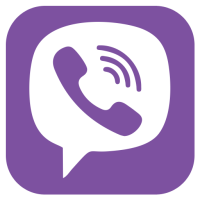
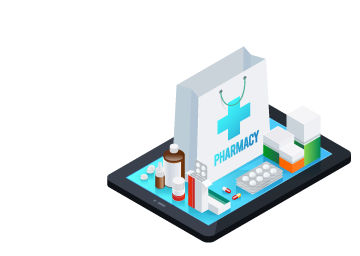


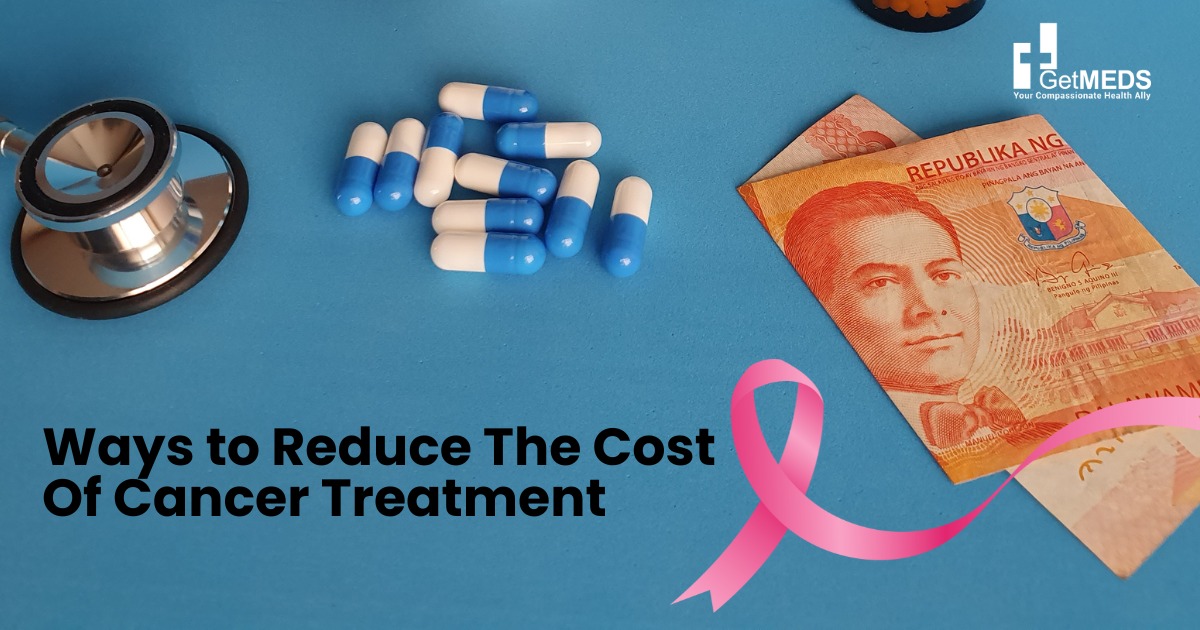
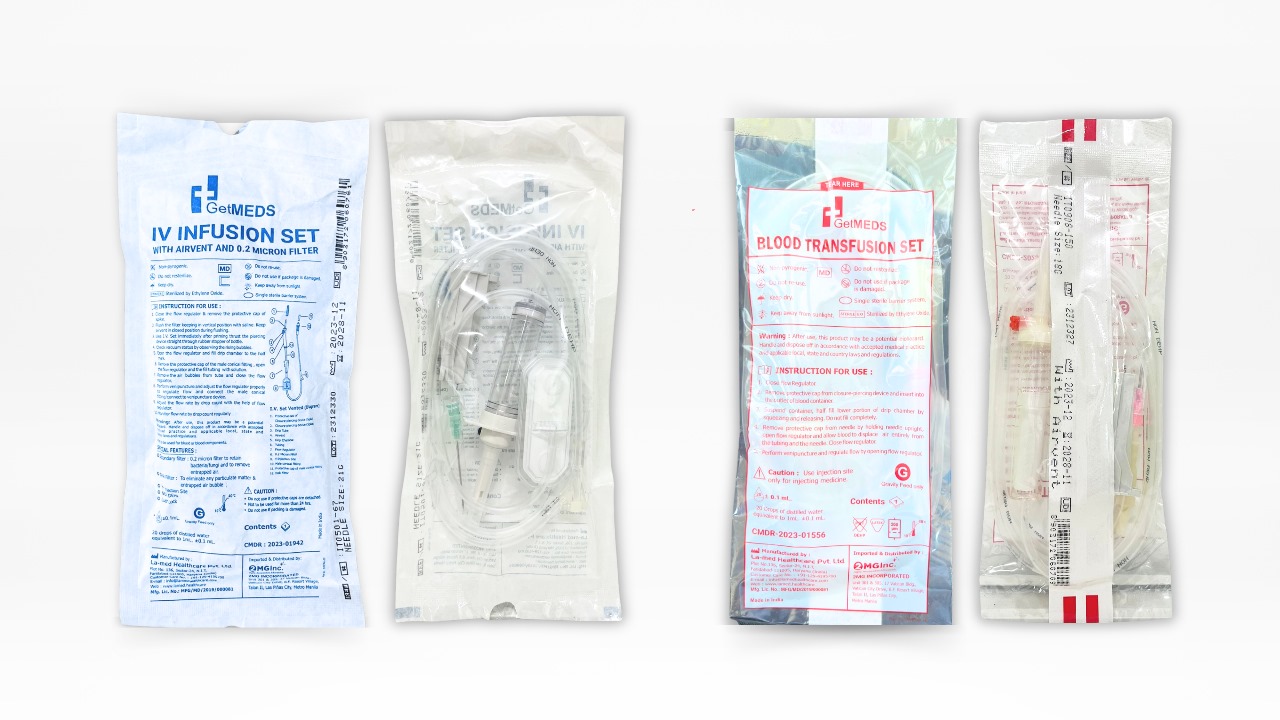
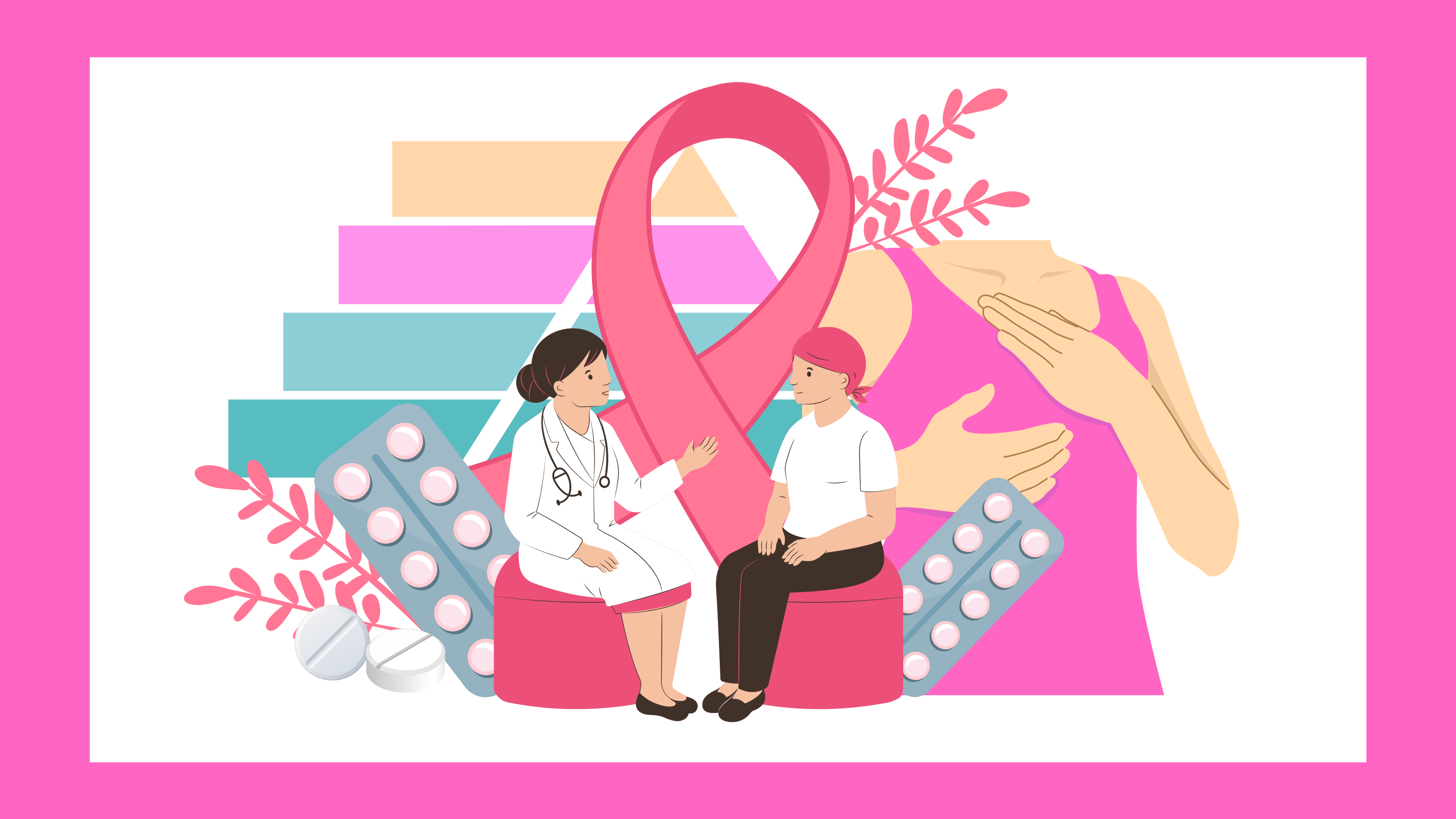
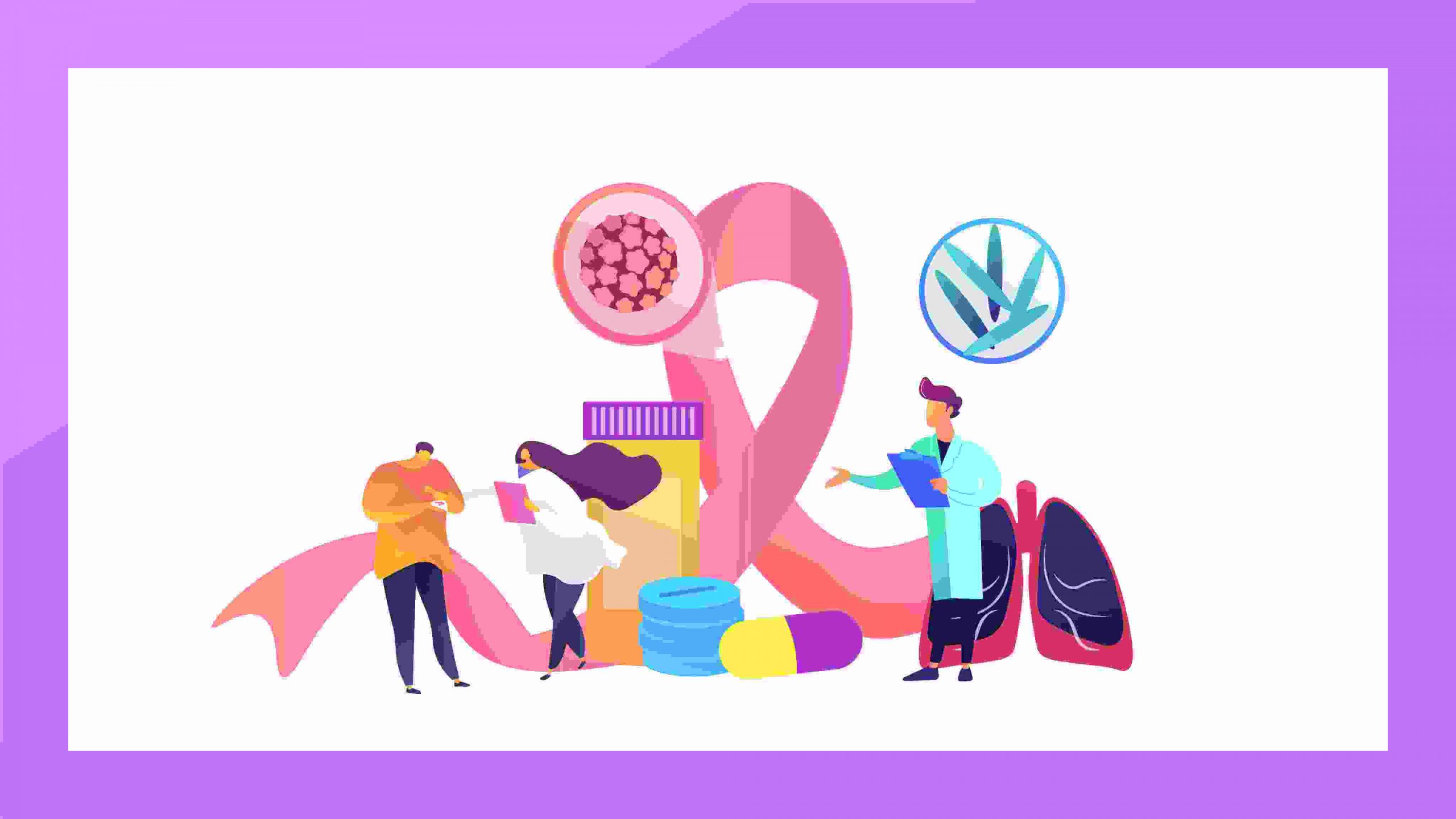
Be the first to comment on "15 Important Tips for Cancer Patients Going on a Holiday"